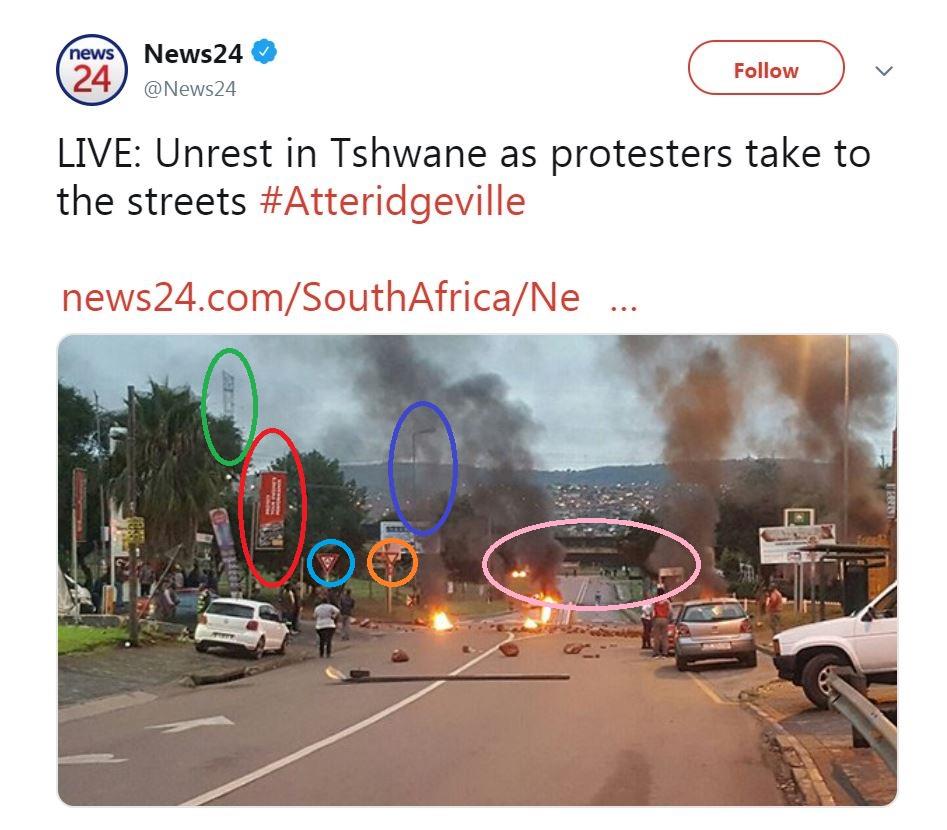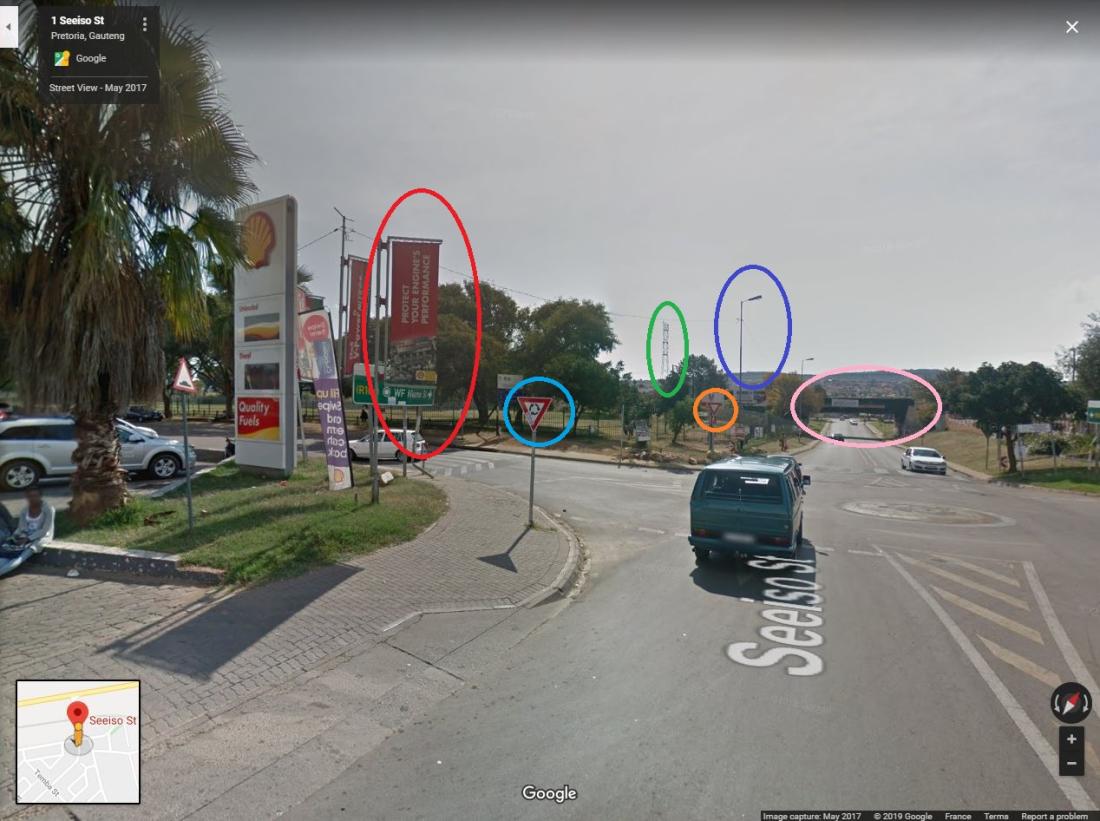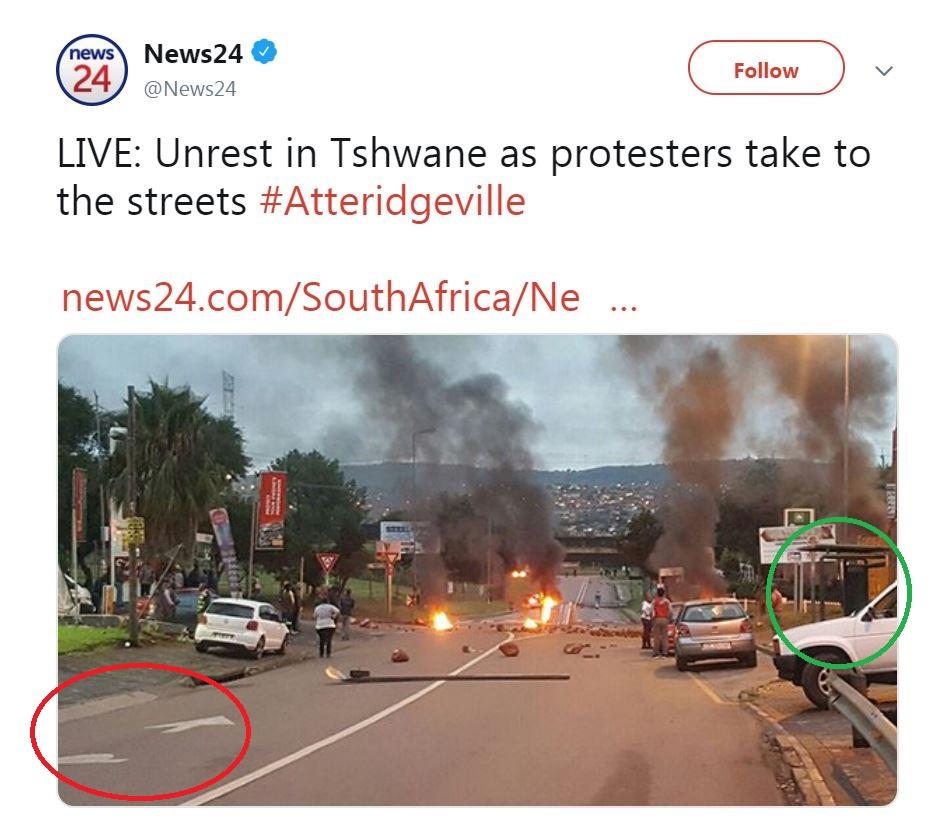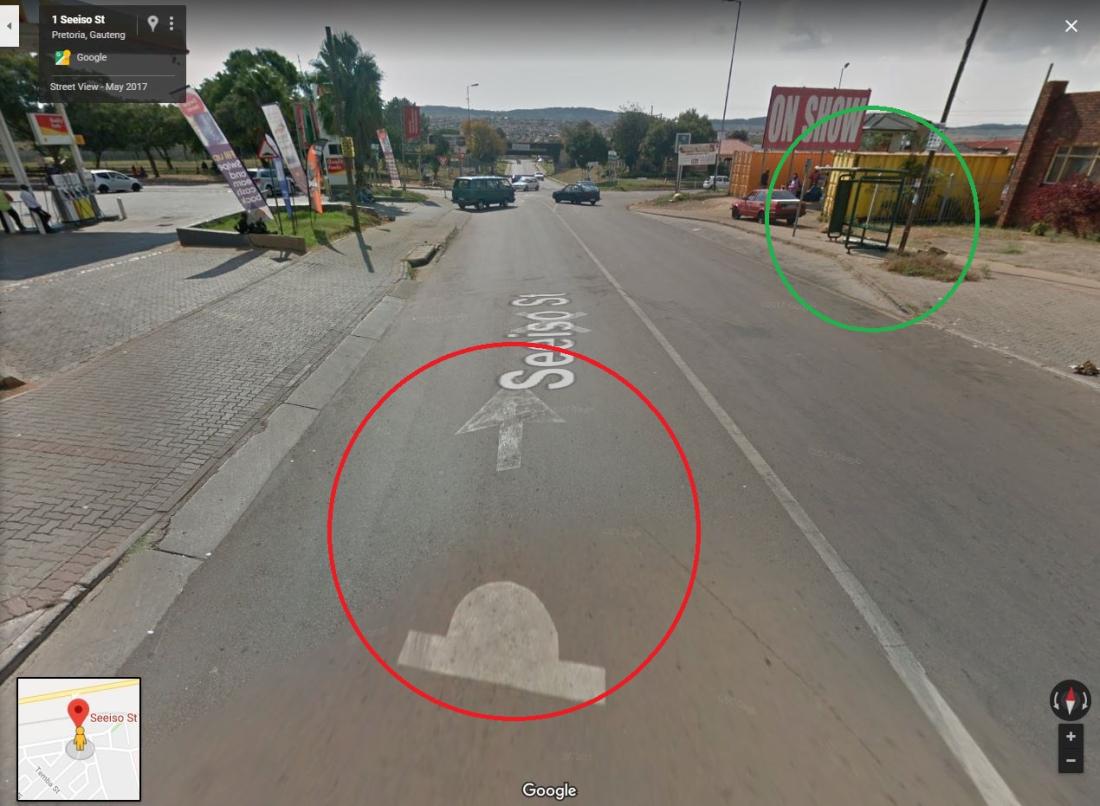
No, this photo does not show clashes between Igbo and Yoruba groups in Nigeria
- This article is more than six years old.
- Published on March 4, 2019 at 17:09
- 3 min read
- By AFP Nigeria, AFP South Africa, Mayowa TIJANI, Tendai DUBE
The picture posted by Joshua Ikechukwu Udume has been shared more than 5,700 times since February 25, with the caption: “HAPPENING NOW!!! Yoruba people led by MC Oluomo are burning Igbos properties and barred Igbos not to open their shops now in Lagos, both in Oshodi, Okota, Aguda, Oduade and environs. Make sure this go VIRAL!!!”

MC Oluomo is the nickname of Musiliu Akinsanya, one of the leaders of Nigeria's National Union of Transport Workers.
On February 23, during Nigeria's presidential election, there was indeed an outbreak of violence in the central Lagos districts of Okota, Oshodi and Isolo. The violence was widely reported by local and foreign media and acknowledged by the Independent National Electoral Commission (INEC) chairman, Mahmood Yakubu.
But the violence was not an ethnic clash between Yoruba and Igbo groups but between supporters of the major parties involved in the election -- and it was on February 23, not February 25.
A reverse image search shows the photo was first posted by South African news website News24 on February 24, 2017 during protests in Atteridgeville, a township to the west of South Africa’s capital, Pretoria.
LIVE: Unrest in Tshwane as protesters take to the streets #Atteridgevillehttps://t.co/EzlXigpNhu pic.twitter.com/WHNR6UUeTk
— News24 (@News24) 24 February 2017
We were able to confirm the location of the photo via Google Maps. Look closely at the photo tweeted by News24 and you’ll see several features that can also be spotted in Google Maps Street View on Seeiso Street, Atteridgeville, South Africa: the bridge and electricity pylon in the background, the two triangular traffic signs. You can also still see the red Shell sign hanging next to the gas station on the left.


From a different angle, it's possible to match up the bus stop on the right, and the same traffic markings on the road -- confirming that this image was indeed taken on Seeiso Street, Atteridgeville, South Africa.


The protest was part of a wave of unrest in South Africa over immigration from other African countries. Many unemployed South Africans accuse migrants of taking their jobs, and others blame them for high crime rates.
In Nigeria, the Igbo represent the majority in the southeast, while Yoruba dominate Lagos, the country’s commercial nerve centre.
In 2000, fierce clashes broke out between the two ethnic groups in Lagos, leaving dozens of people dead. Since then, relations between the two have been largely peaceful in the city.
Nigeria has more than 250 ethnic groups, with the Hausa Fulani, Yoruba and Igbo making over 60 percent of the country’s population, according to US embassy estimates.
Copyright © AFP 2017-2026. Any commercial use of this content requires a subscription. Click here to find out more.
Is there content that you would like AFP to fact-check? Get in touch.
Contact us
